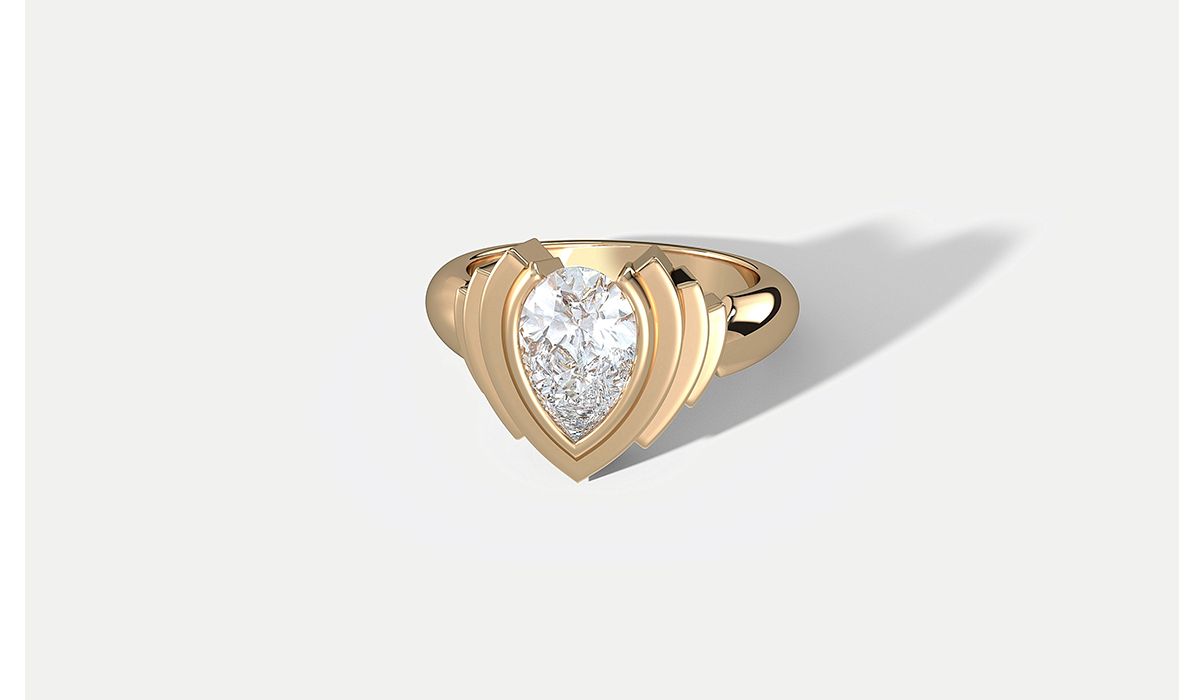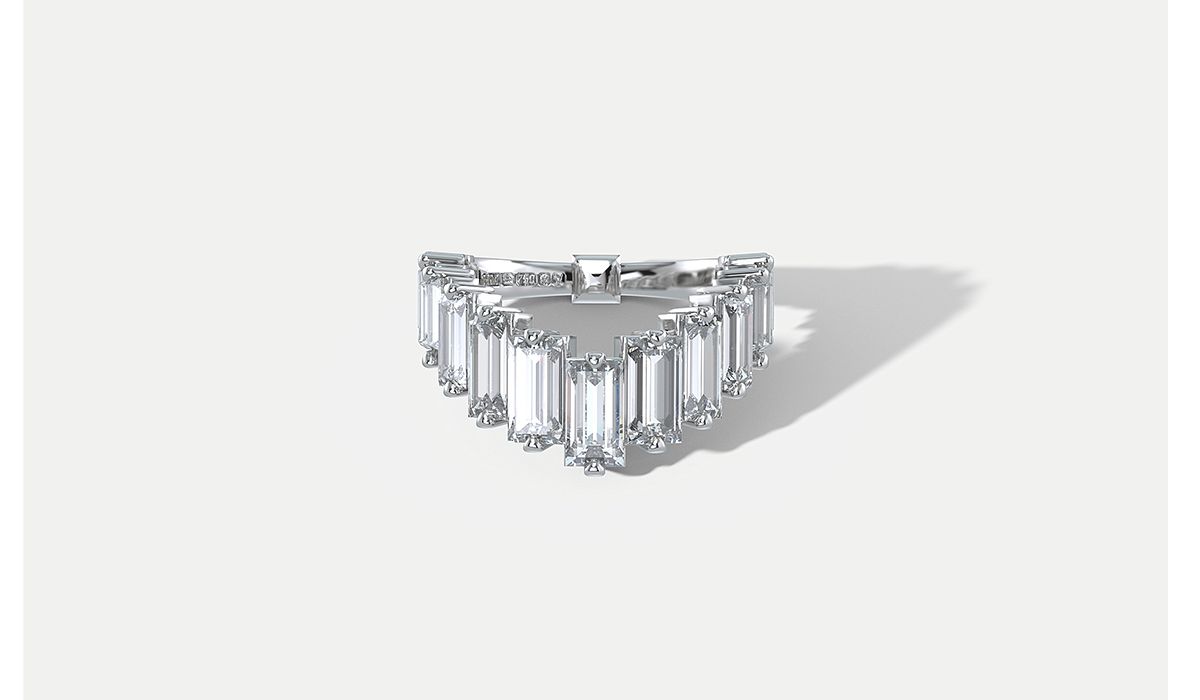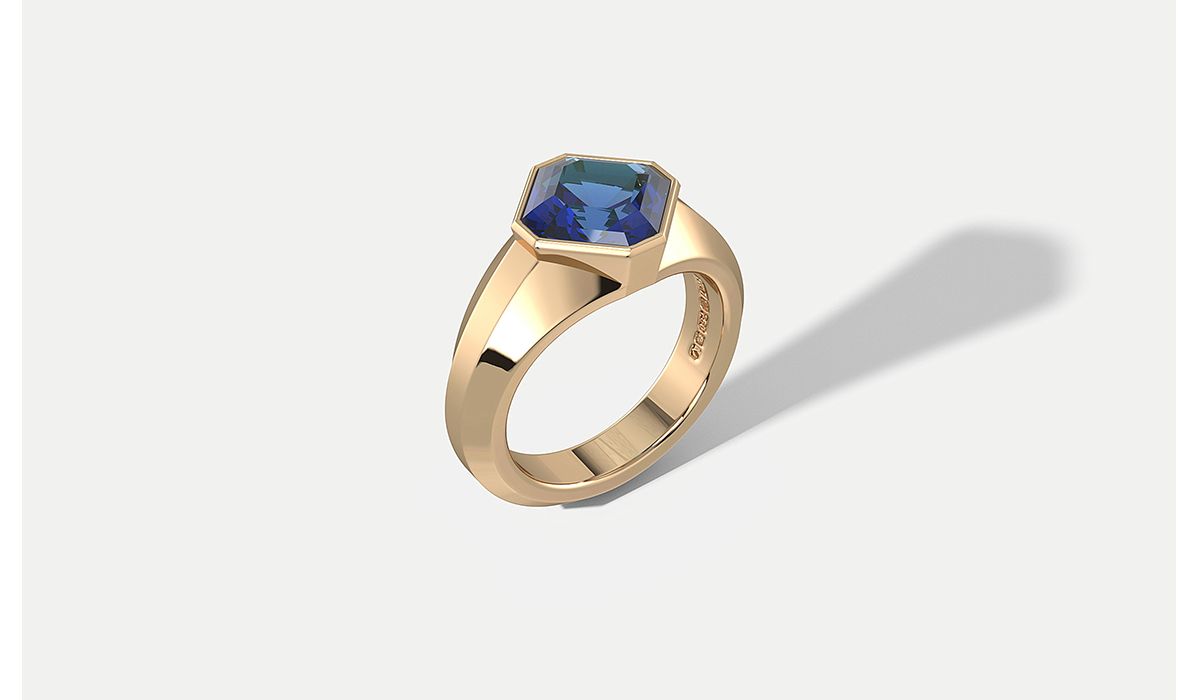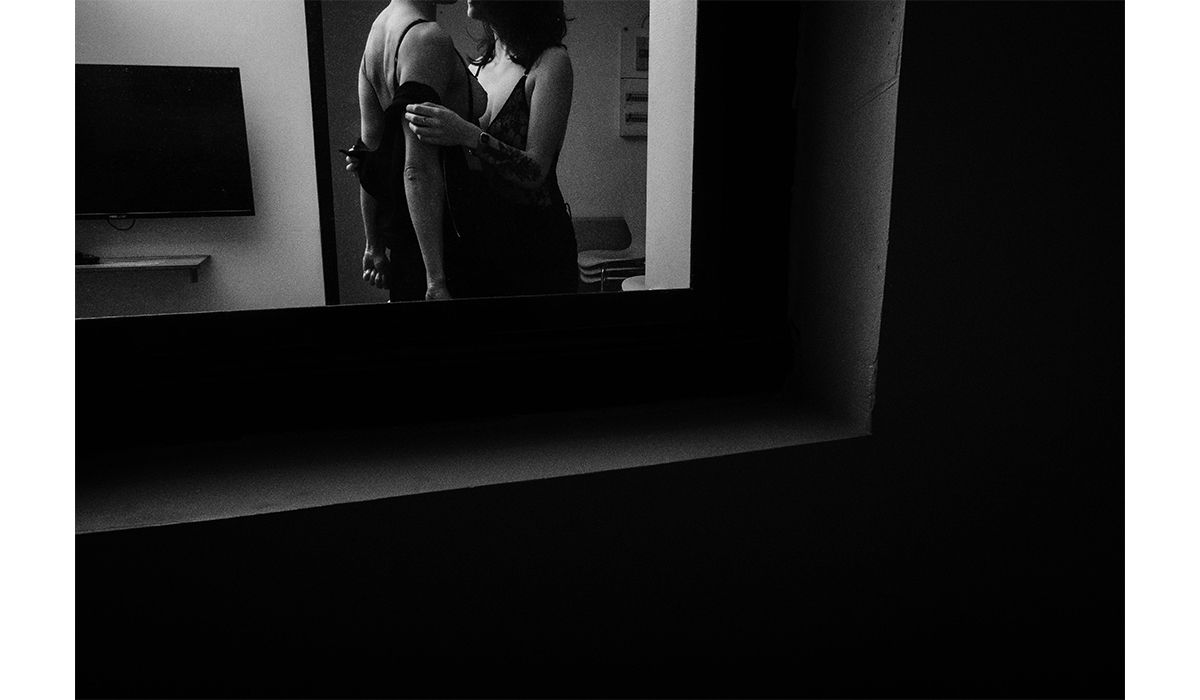Mad Love, a New Way to Say I Love You
London-based designer Hannah Martin launches a line of engagement rings that interprets a concept of modern love
The new collection by London designer Hannah Martin, Mad Love, is made up of rings through which to make a pact, a promise between two lovers, in any shape you want. Mad Love was not conceived and designed for a specific genre, or for a particular type of relationship. The designer explains: «I will be happy if these rings are chosen as engagement rings, but at the same time, I like to point out that this is not the only way to demonstrate a lasting bond. Love, for me, is a personal challenge. As a word it has long been overused. As a concept, perhaps the same. My thinking around this collection was to challenge the concept of love as a moral value and consider it in our contemporary context. How is a new love defined today? Love goes beyond dualism because love is not necessarily binary. Love includes freedom, complexity, intimacy, gender fluidity, sensuality, desire and secrets. There is diversity in the modern endeavor that constantly (and vitally) challenges tradition. Love is fire, emotion, pain and pleasure. It's a heartbeat, a beating, raging, burning heart. It doesn't seem like a fairytale, but it meanders, floats, it's an enigmatic love that reveals itself in unexpected ways. In an age when touch is a luxury, love in its thousand forms becomes an essential element and with this collection it seals your pact with gold, whatever form it may take». To celebrate the launch of Mad Love, Hannah Martin asked artist Johnny Hostile to collaborate and curate a series of images to support the project. The exhibition can be visited virtually until Tuesday 16 February, in a series of images that explore the universal values of human existence and consciousness through uninhibited desire. Mad Love represents a courageous and provocative collection, with the intention of the designer to move the spotlight as far as possible away from eroticism, to highlight the tenderness caused by intimacy, which is combined with vulnerability, and is transmitted through trust and freedom of expression. «If they asked me what love is, this would be it», adds Hannah Martin.











